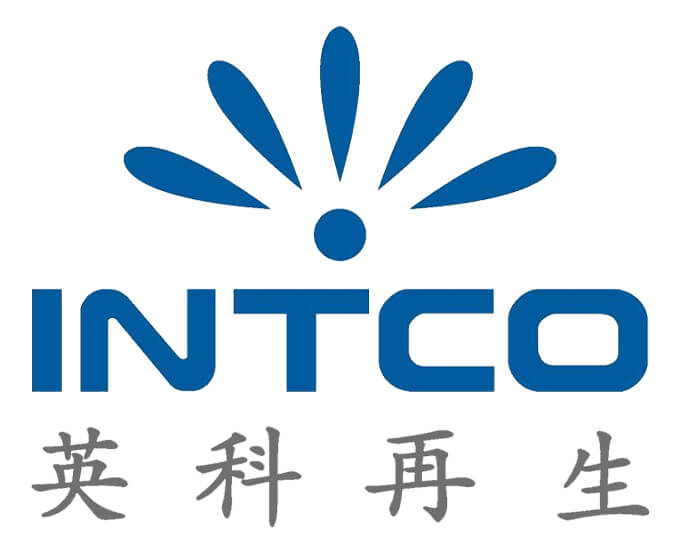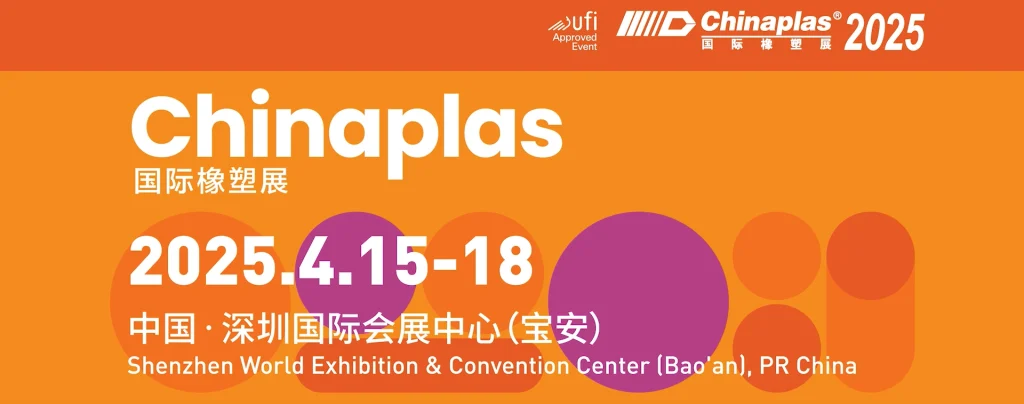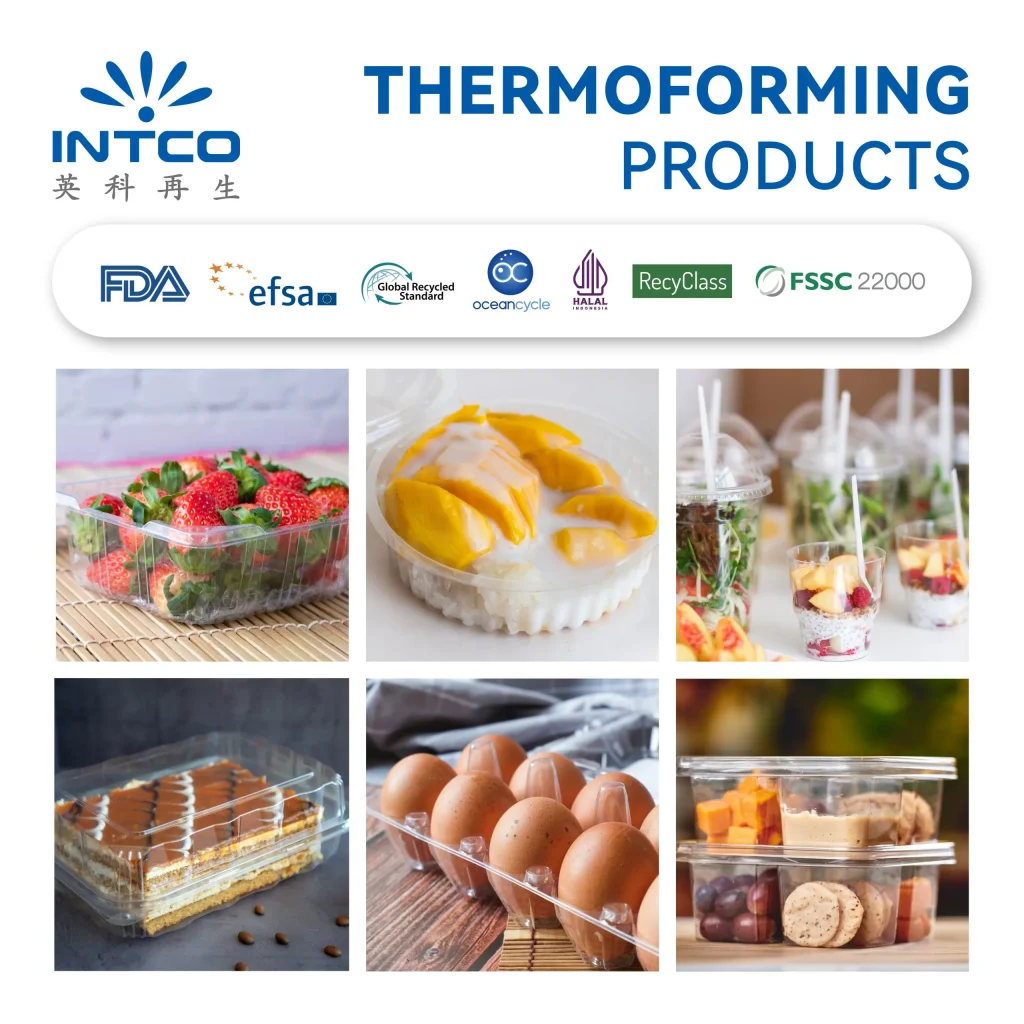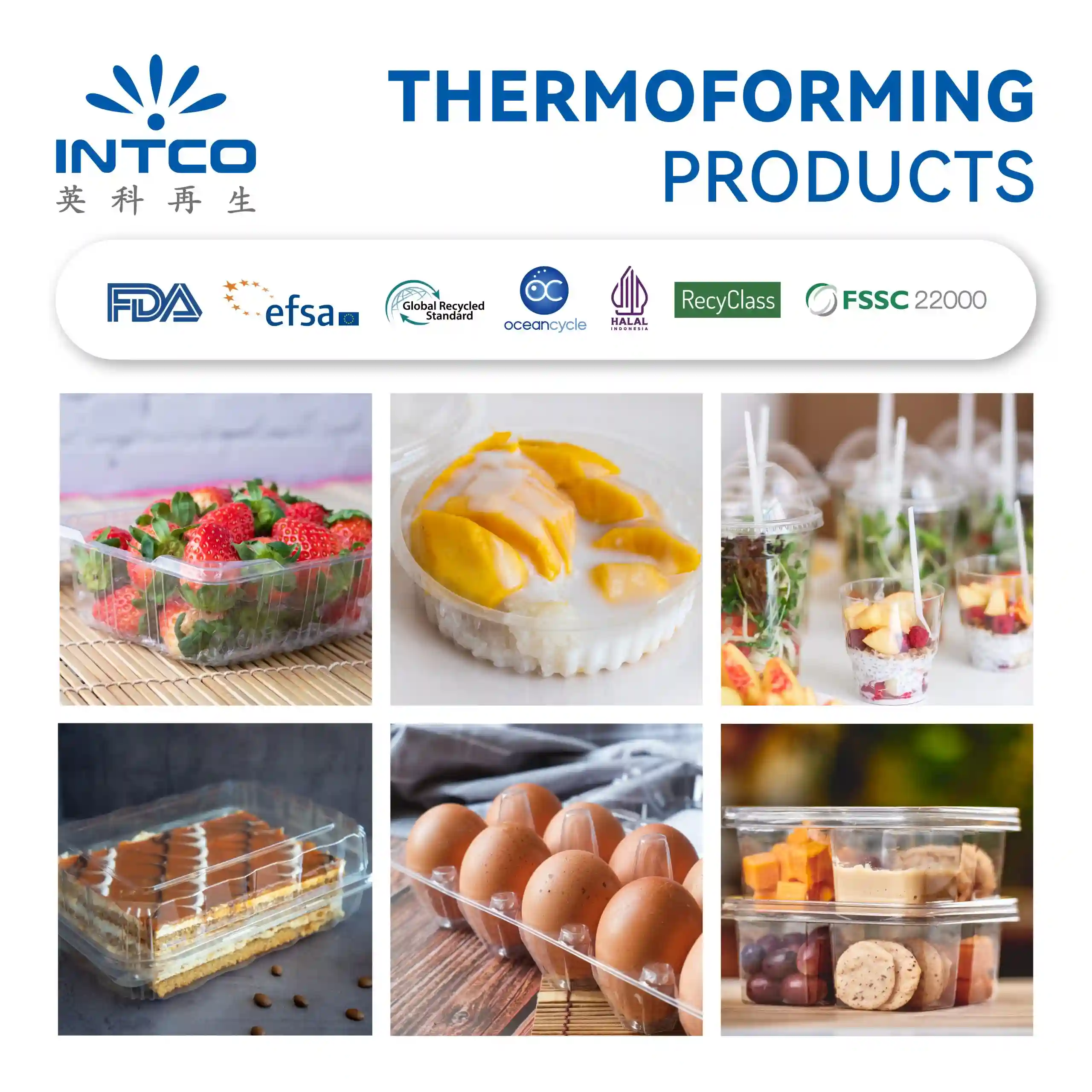
As sustainability and food safety, bottled water packaging with rPET is more and more popular in the world. Refreshing the tee on the legal landscape is a little bit less straightforward. In this blog, we will discuss these certifications, how they impact the nature of rPET, and why rPET is a desirable food packaging material.
What are FDA and EFSA Certifications?
But before we go in too deep, let’s have a very short guide to the roles of the FDA and EFSA. They are both regulatory organizations to verify that materials around food are safe for human consumption. Food safety is overseen by the FDA in the United States and by EFSA (the European Food Safety Authority) within the EU. Concerning that, their certifications are crucial for companies that want to use rPET for food packaging in their markets.
Overview of FDA Certification
FDA has a careful consideration of recycled materials for food packaging. The main concern is the protection of consumers and the preservation of the quality of food products. FDA guidance on the use of recycled plastics in food packaging focuses on processes and intended use procedures in recycling processes to ensure the safe incorporation of recycled content. These recommendations are outlined in the Guidance for Industry: Use of Recycled Plastics in Food Packaging (Chemistry Considerations). Stringent quality control measures must be implemented to support GMP and reduce the addition of contaminants in the recycling process.
Overview of EFSA Certification
EFSA certification confirms that these recycled plastics will not be harmful to health when used in food packaging. It sets a high bar for recycled content processes and standards for the recycled content rPET product. While the EFSA is no less concerned with the safety of the consumer than the FDA, the scope and burden of proof can be different. EFSA concentrated on making certain that recycled materials are as secure as virgin materials.
How Do FDA and EFSA Certifications Impact rPET Use in Food Packaging?
The certifications from both the FDA and EFSA significantly impact how rPET is used in food packaging. These regulations shape the processes, testing, and standards necessary for using recycled plastics safely in food-related applications.
Categories of Recycling Processes
The FDA classifies recycling processes for plastic into two primary categories. These ranges can be delineated by the treatment the plastic received, which has a direct impact on its food contact suitability. It is essential to consider the general categories of these processes to ensure that the rPET is processed to comply with FDA requirements. Knowing these groups is crucial to ensure that the rPET is a post-consumer resin that has either been recycled appropriately or processed in some other way and surpasses the strict regulations of the FDA.
Testing and Standards
Both the FDA and EFSA require comprehensive testing to ensure the safety of rPET. This includes:
- Residual Contaminant Testing: The polymer level of residual contaminants needs to be tested. The FDA offers methods for calculating the upper limits of that acceptable amount, but these numbers will always cap out at something safe for consumers. The FDA offers methodologies for determining what the threshold levels should be while making sure those levels are as safe as possible for consumer health.
- Migration studies: The FDA recommends performing migration studies using food simulants to evaluate the potential for contaminants to migrate from packaging into food. To give a comprehensive picture of likely consumer exposure, these studies simulate a robust series of conditions. These studies recreate different conditions to reflect a real-life assessment of potential exposure to consumers
- Regulatory Compliance: All recycled packaging materials must comply with existing food contact substance regulations.
- Audits: Companies are encouraged to have their facilities regularly audited for compliance, especially for food-graderPET.
Influence on Market Acceptance
Thus, FDA as well as EFSA certifications provide consumers an assurance that recycled rPET packaging material is safe. Compliance with such standards represents a quality and safety commitment that is fundamental when establishing brand acceptance and developing market share. Moreover, these certifications contribute to advancing a circular plastics economy and ultimately showcase the recycling process is indeed workable.
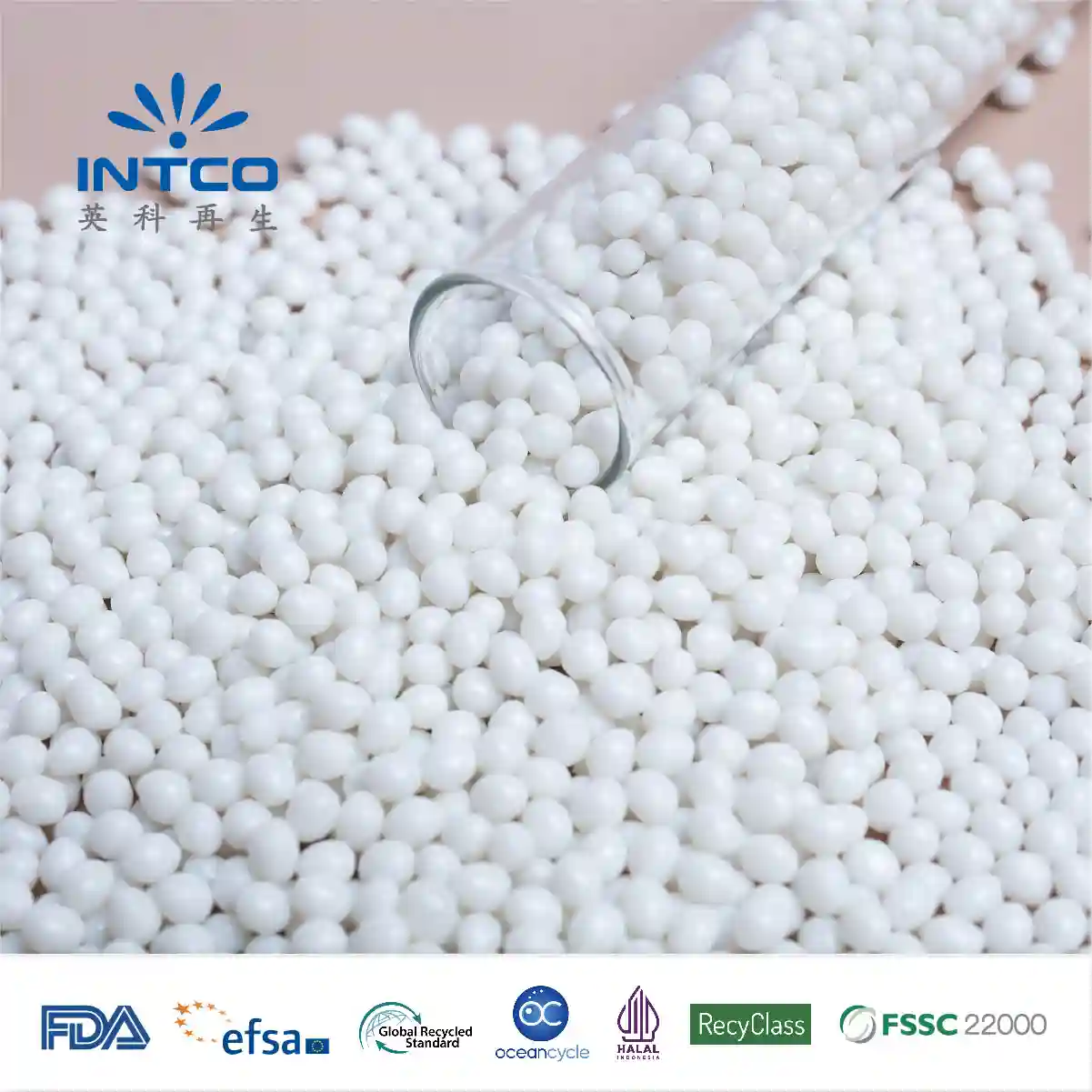
Why is rPET a Preferred Material for Food Packaging?
Many factors drive the interest in rPET for food packaging. Its environmental advantages and economic benefits make it an appealing material for food packaging.
Environmental Benefits of rPET
This means less requirement for virgin plastics, subsequently making rPET a more sustainable alternative for packaging solutions. Recycling plastics also helps to divert plastic waste from landfills, which also helps to the protection of the environment. Utilizing rPET also saves the consumption of natural resources and cuts the production emissions of greenhouse gasses. The use of rPET also saves natural resources and lowers greenhouse gas emissions in the manufacturing process
Economic Advantages of Using rPET Pellets
In addition to environmental benefits, rPET can provide economic benefits as well. rPET cost is generally more stable than virgin plastic, and a brand can use rPET to fulfill its social responsibility to sustainability and pull in environmentally aware consumers. By utilizing rPET in their products, companies can increase their operational efficiency while bringing their companies to the forefront of food packaging sustainable innovation.
What Challenges Exist in Achieving FDA and EFSA Certifications for rPET?
Despite its benefits, achieving the necessary certifications for rPET use in food packaging can be difficult. Technical and regulatory hurdles often present significant obstacles.
Technical Challenges
The biggest technical challenge has been fruiting while keeping this recycled material clean. However, satisfying the demanding quality needs for food touch with recycled plastic can be challenging. Especially post-consumer ones, since the recycling process needs to remove any contaminants. Especially post-consumer plastics — the ones that come after single-use products we all throw into the trash regularly — the technological hurdle is large.
Regulatory Hurdles
Recycled plastics in food packaging — Regulatory Challenges Recycling and Regulator Challenge The regulatory environment can be quite confusing, with the potential of one regulatory framework causing others, as is in the case of recycled plastics in food packaging. Many companies find it challenging to keep on top of new standards and requirements. Moreover, it can be a labor-intensive process to confirm that every step and fabric is up to code. Additionally, verifying that every process and component is compliant can take a great deal of time
How Does Intco Plastics Ensure Quality as an rPET Pellets Supplier?
This is where companies like Intco Plastics come into play to make sure that there are high-quality rPET pellets available for food packaging. Not only does Intco Plastics manufacture and supply recycled plastic pellets, but they also offer custom-compounded solutions for your specific product. Intco Plastics is one of the leading manufacturers and suppliers that not only provide recycled plastic pellets but also ggivecustom-compounded recycled plastic pellets.
Intco Plastics’ Commitment to Quality
The pellets that Intco Plastics manufactures concerning recycled PS are highly uniform and consistent. It employed a professional processing technology and equipment to the quality of production rPE pellets. Also producing food-grade rPET to support the food and beverage packaging industry In addition, they manufacture rPET that is food grade which means it is eligible for the food and beverage packaging sector.
Certifications and Accreditations Held by Intco Plastics
To ensure high-quality rPET, Intco Plastics has multiple certifications including EFSA, FDA, GRS, Oceancycle, and HALAL certifications. These certifications reflect their dedication to providing safe and reliable recycled inputs for food packaging. These certifications show that they are dedicated to ensuring their recycled materials are safe for use in food packaging products.
Conclusion
Achieving FDA and EFSA certifications needed for rPET to be used in food packaging is through an extensive understanding of regulating requirements along with the drive to be sustainable. For visionary leaders in the field, the relevance of these practices goes beyond mere compliance; it is sustainable innovation leadership. Food companies can increase their efficiency, strengthen consumer trust, and support the environment when they adopt these recommendations.
FAQs on FDA and EFSA Certifications for rPET in Food Packaging
Q1: What are the main differences between FDA and EFSA certifications?
A: Although both the FDA and the EFSA are responsible for protecting our food supply, they go about it in very different ways. EFSA Guidance on the Safety of Recycled Plastics in Food Contact ApplicationsWhile the FDA Recycles both the process and the product for those not tracking the similar guidelines established by the US FDA as they relate to the recycling of post-consumer plastics, it should be noted that they focus more on the intricacies of recycling, whereas EFSA Guidance in Food Contact Applications will tend to focus more on the resulting product safety of Recycled Plastics: General Being effective guidelines generally speaking EFSA provides more specificity than the FDA guideline in detail. While both are interested in the safety of consumers, the actual tests and standards differ somewhat.
Q2: How long does it take to obtain these certifications for rPET?
A: The timeframe for obtaining these certifications can vary significantly based on the complexity of the processes and the specific materials being used. It often involves several rounds of testing, audits, and regulatory reviews.
Q3: Can non-certified rPET be used safely in food packaging?
A: No, non-certified rPET should not be used for food packaging in the USA or the EU as it does not meet the safety requirements. Using non-certified materials can pose a risk to consumers and lead to legal and reputational issues for companies. It is important to only use rPET that has been certified by the relevant authorities to ensure safe packaging practices.
